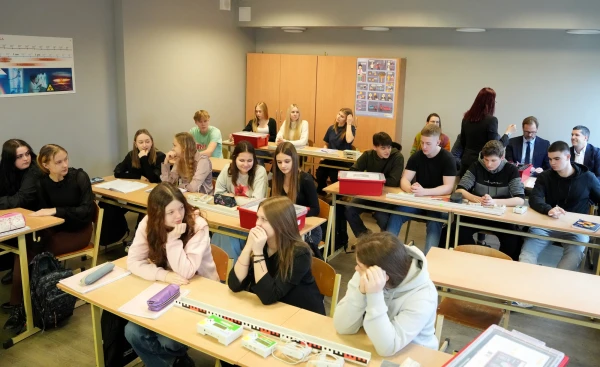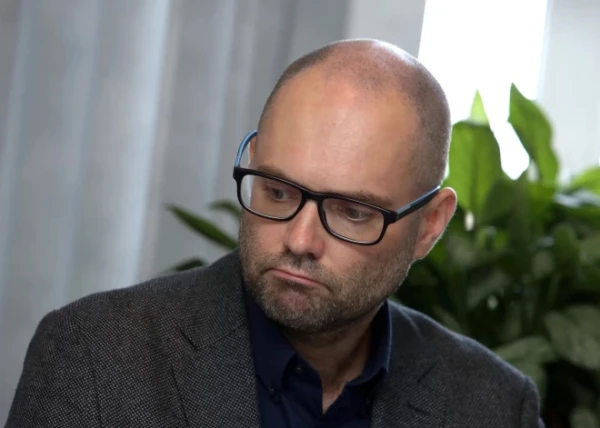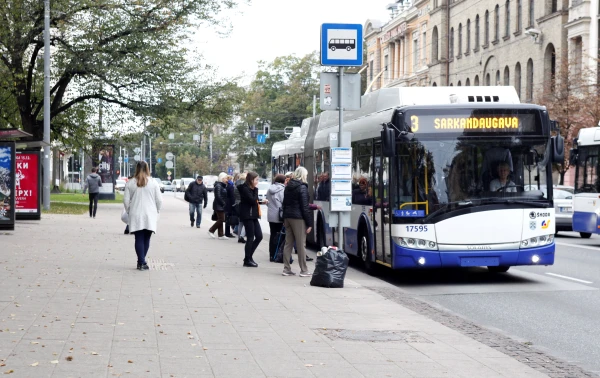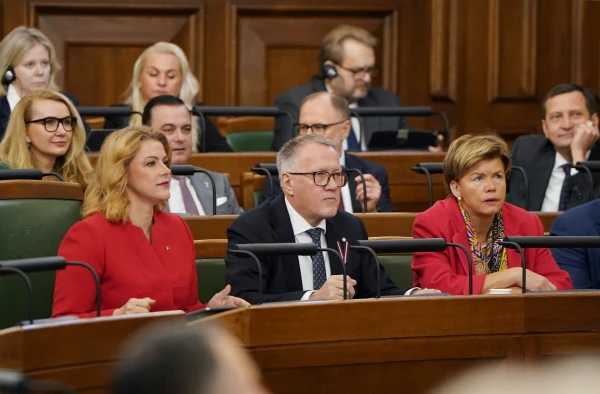
The centralized exams from the previous academic year were encouraging in that the number of students who did not pass the exams was lower than the year before, writes Latvijas Avīze.
However, a negative trend has once again emerged - the growing segregation of schools. The gap between educational institutions remains enormous: in some schools, graduates demonstrate excellent results, while in others, the level of preparation is extremely low. For instance, if ninth-graders at the Riga State 1st Gymnasium scored an average of 95% on the mathematics exam, then at the Ramula Primary School, which recorded the weakest result, it was only 8%.
Education policymakers regularly emphasize that the goal of reforms is to ensure that every school provides equally high-quality education in the future. However, in practice, the gap between schools is only increasing.
Improving the quality of education is one of the foundations for introducing a new school funding model: it is assumed that a fairer system of resource distribution, which determines the amount of funding for teachers' salaries, will eventually improve the situation. It is clear that a new model is necessary, as the existing principle of 'money follows the student' is outdated; however, it is unlikely that a single change in funding can stop segregation.
Additional funds for salaries will not lead to an influx of young and qualified teachers. Already this academic year, the new funding model has been applied to support staff, but despite this, more psychologists, speech therapists, and social educators have not come to schools - such specialists are still in short supply. As a result, only the number of announced vacancies has increased, and the funds allocated for their payment remain unspent, as there is simply no one to hire.
Schools with the lowest results also report a severe shortage of teachers: due to the lack of educators for certain subjects, classes are occasionally not held. Consequently, training a sufficient number of teachers and support specialists, as well as attracting them to work in schools, remains a primary task and a key condition for improving the quality of education.












